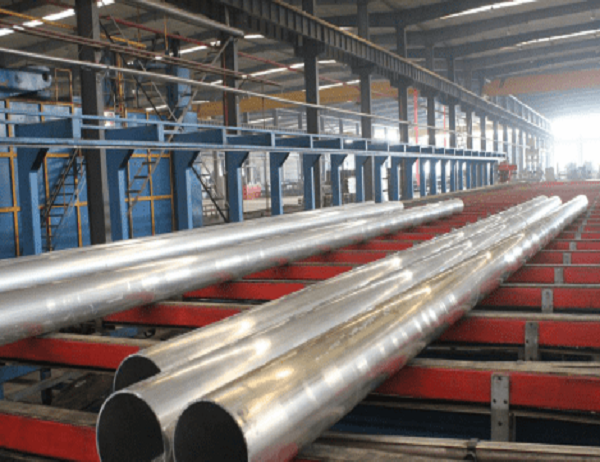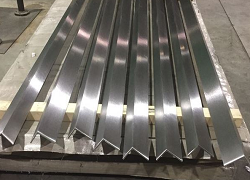The Environmental Impact of Extruded Aluminum Pipe Production: An Unseen Threat
Introduction
In the pursuit of modern convenience, we often overlook the hidden consequences of our actions. Extruded aluminum pipes, ubiquitous in our daily lives, come at a substantial environmental price. This article delves into the profound impact aluminum pipe production has on our planet, shedding light on an often-unseen threat.
Energy Consumption and Greenhouse Gas Emissions
Aluminum pipe production is an energy-intensive process that releases significant amounts of greenhouse gases. The extraction and refinement of aluminum from bauxite ore requires vast amounts of electricity, contributing to climate change. Additionally, the extrusion process itself releases carbon dioxide and other pollutants.
Water Pollution
The production of aluminum pipes generates large volumes of wastewater contaminated with heavy metals, such as arsenic and chromium. These pollutants can leach into groundwater and waterways, damaging aquatic ecosystems and posing serious health risks to humans.
Land Degradation
Aluminum mining and processing operations require extensive land use. Bauxite mining scars landscapes, removes forests, and disrupts natural habitats. The extraction and transportation of raw materials also contribute to soil erosion and deforestation.
Waste Generation
The extrusion of aluminum pipes generates a substantial amount of solid waste. This includes scrap metal, process waste, and end-of-life products. Improper waste management can lead to landfill contamination and release hazardous materials into the environment.
Air Pollution
Extruded aluminum pipes contain high levels of volatile organic compounds (VOCs) and particulate matter. These pollutants contribute to respiratory issues, heart disease, and other health problems. They can also react with sunlight to form smog, which further degrades air quality.
Mitigation and Sustainability
Addressing the environmental impact of extruded aluminum pipe production requires a multifaceted approach. Implementing energy-efficient technologies, adopting sustainable mining practices, and promoting recycling can mitigate greenhouse gas emissions and reduce waste. Governments and industries must collaborate to establish regulations and incentives that promote responsible production and consumption.
Conclusion
The environmental impact of extruded aluminum pipe production is a serious and growing concern. The energy consumption, greenhouse gas emissions, water pollution, land degradation, waste generation, and air pollution associated with this process threaten our planet’s health and well-being. It is imperative that we take action to mitigate these impacts and transition to more sustainable practices. By raising awareness and calling for change, we can ensure that the pursuit of convenience does not come at the expense of our environment.



